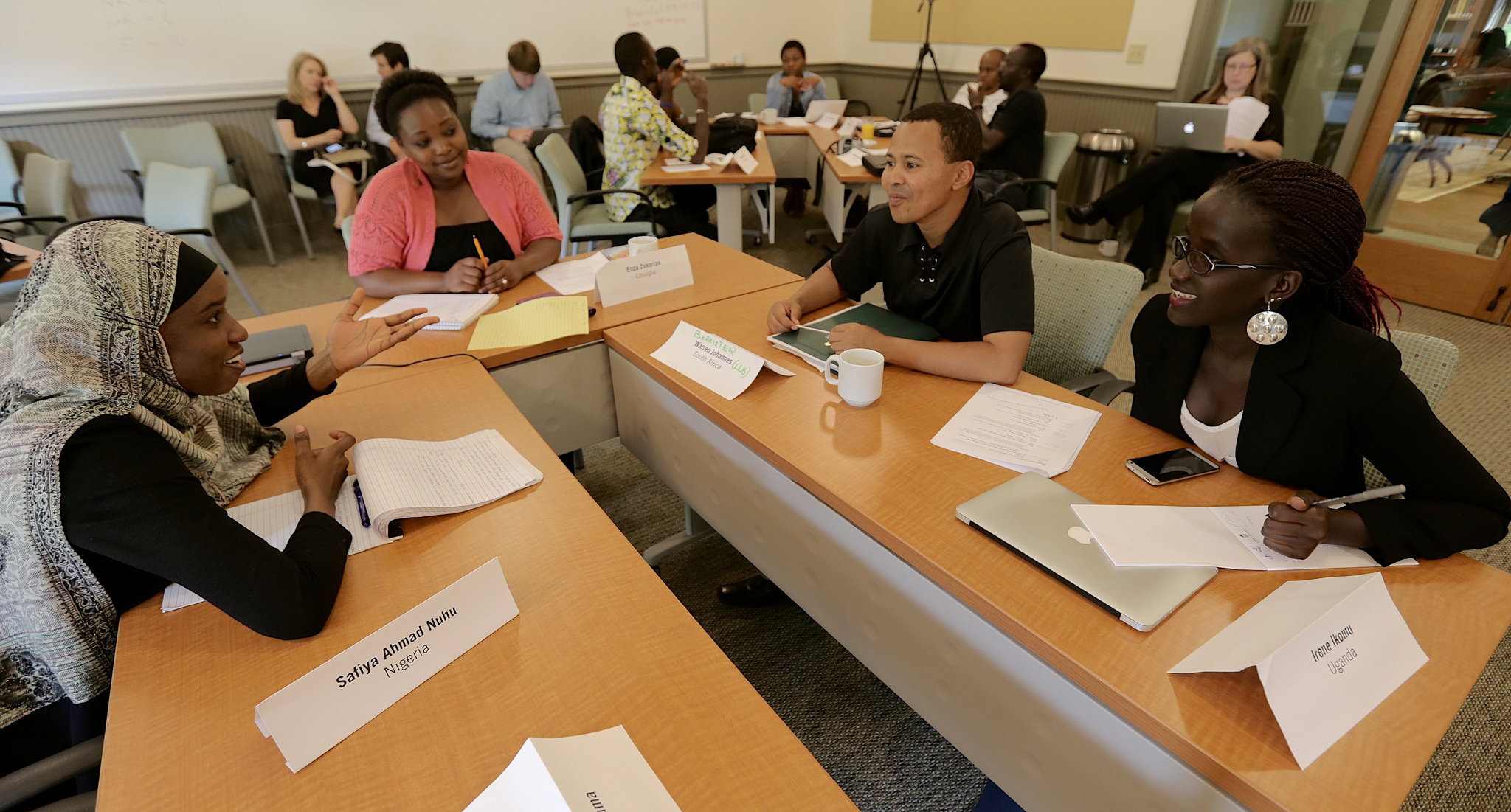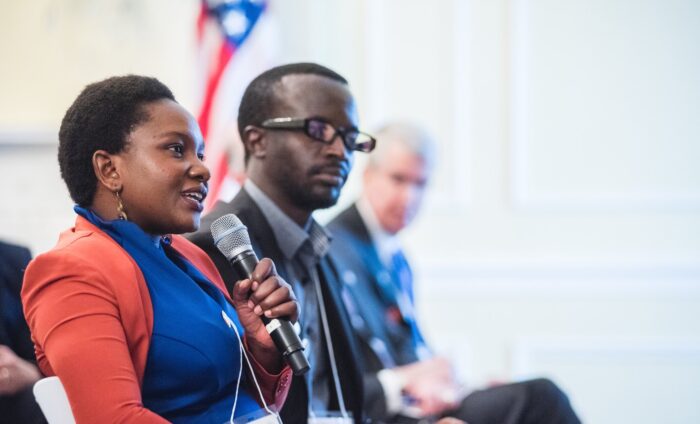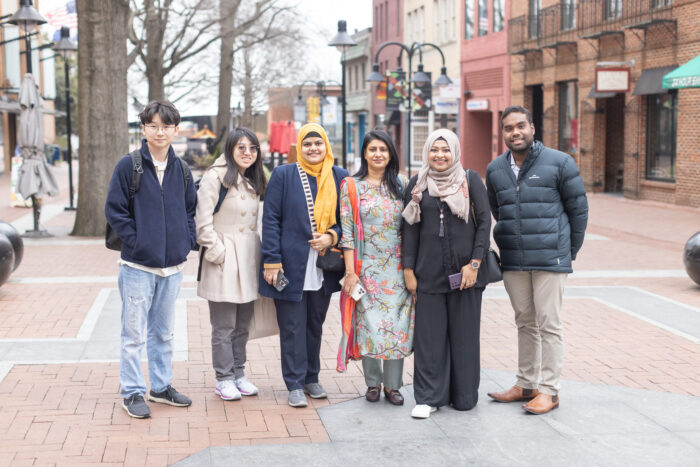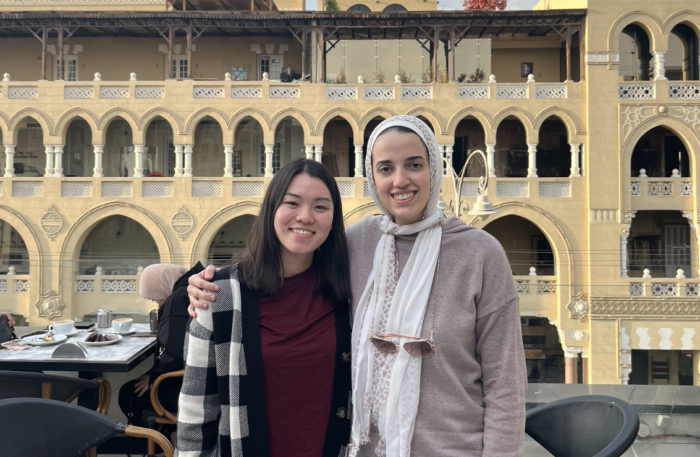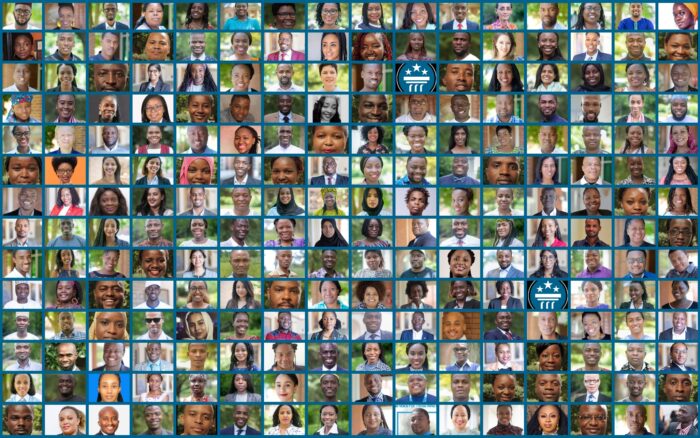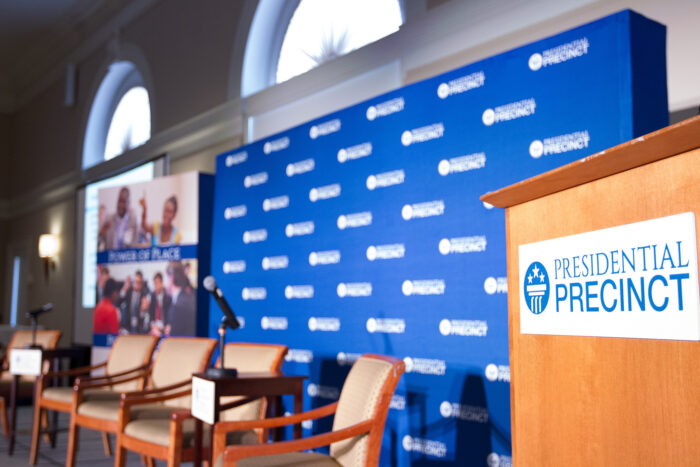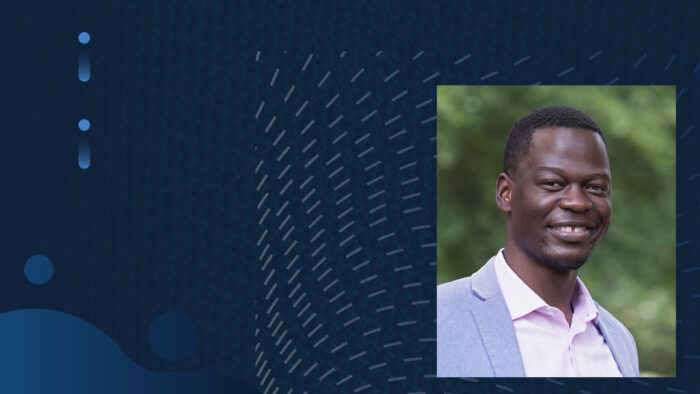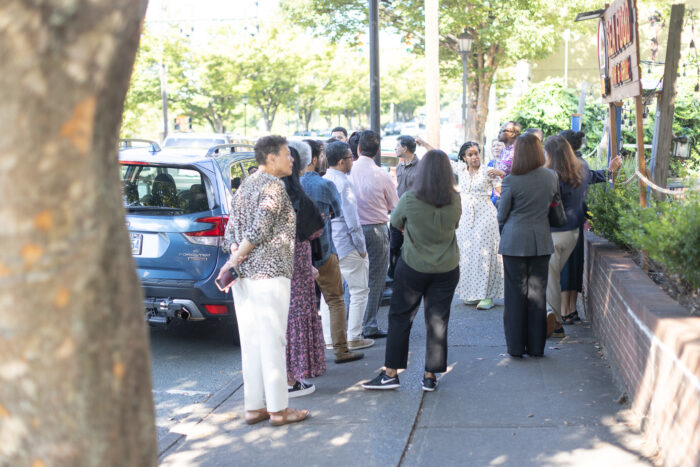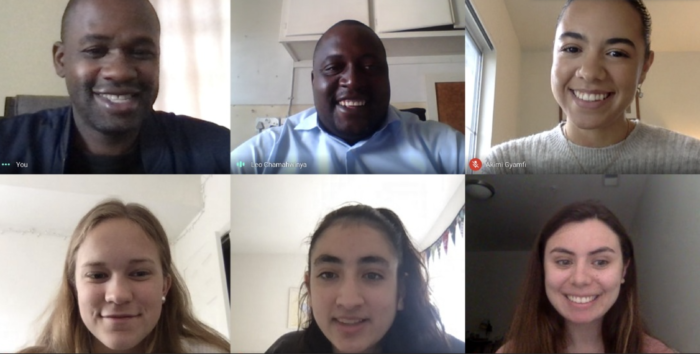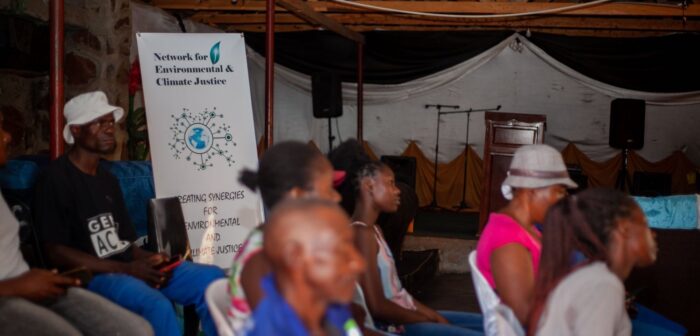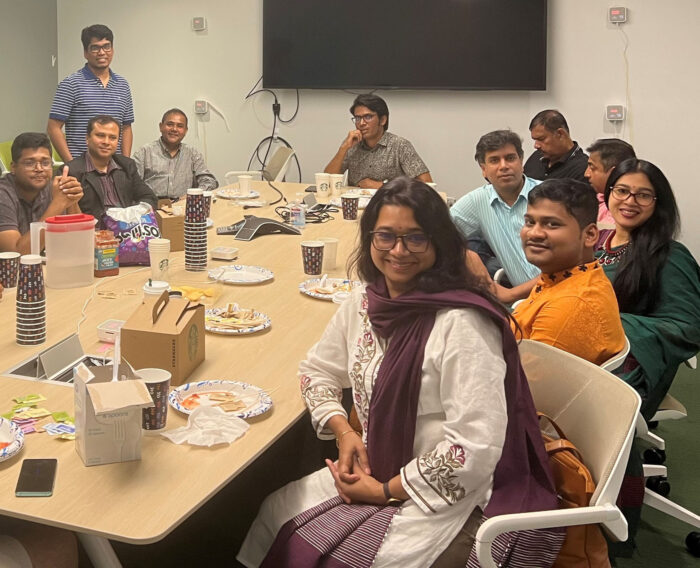Harnessing the Demographic Dividend through Investment in Youth
Originally published by the London School of Economics and Political Science
Martin Namasaka , alumni from the Programme for African Leadership (PfAL), looks at three examples of African led initiatives that are building solid foundations to help countries optimise their demographic dividend.
Traceable to the continent’s exceptionally slow rate of fertility decline, Africa is projected to experience a population growth of 1.3 billion by 2050, adding more to its population than any other region in the world. While the coinciding increase in its working population presents an opportunity for increased innovation, many fear that the relentless population pressure threatens to heighten youth underemployment, political instability and could prevent the possibility of reaping a sizeable demographic dividend. The underlying limitations in the Afro-optimist and Afro-pessimist perspectives lies in understanding precisely how Africa can harness the demographic dividend though investment in youth. This article attempts to fill this gap.
Using examples from African led initiatives that are investing in the youth, this article argues that, to ensure Africa’s youth bulge is translated into demographic dividend, we must put in place policies and strategies that: strengthen entrepreneurial skills and capacity; increase youth’s access to financial services; promote decent and commensurate jobs; increase access to business advisory services and credit facilities as well as promote youth participation in political and economic decision-making processes. With this in mind, it’s fundamental to note that each country in Africa is at a different stage of the demographic transition, which means, there is no one-size fits all solution to harnessing the demographic dividend.
Fortunately, by 2035 Africa’s labour force will be bigger than China’s, greater than India’s and 3 times larger than Europe’s by 2050. If this projected workforce of 1 billion Africans by 2050, make significant investments in their home countries, while working in the developed world, Africa might make positive steps towards turning its population towards economic growth. But, achieving a demographic dividend depends on how this working population can ideally be turned into a productive labour force to fit the international context. Undoubtedly, Africa’s economic future depends on a sufficiency of technical and vocational skills for its human resource. The time is now, to invest in education and skills development of the youth. Various African led initiatives below are providing the necessary knowledge and skills to the growing labour force.
First, the Alternative Learning and Skills development Project in Zanzibar financed by an African Development Fund (ADF) loan, is considered highly successful in; establishing a school for alternative learning which will ultimately absorb close to 600 young men and women who lost opportunities to attend schools; establishing skills development centers and rehabilitation of vocational training centers that will train and provide necessary skills to 800 out of school youths; as well as the establishment of Business Incubators in the two skills development centers, expected to provide vocational training for youth graduates, mentoring, tools and working capital.
Second, in Egypt and Morocco, Mennonite Economic Development Associates (MEDA) offers YouthInvest, which is designed for low-income youth with some education. In response to the high youth unemployment rates in the two countries (15- 29 year-olds make up 59.5 and 37 percent of the countries’ total unemployment proportions in Egypt and Morocco, respectively), the YouthInvest Project build’s youth’s long-term economic prosperity, improves their employability and entrepreneurship skills, increases their ability to seek out and secure meaningful work or entrepreneurial activities, and ultimately leads to a better quality of life for their families and themselves.
The project prepares youth for business and enterprise development. Youths receive training in life skills, business, entrepreneurship, and financial literacy. Additionally, YouthInvest increases youth’s access to loans and savings, develops products that are appropriate to economically active youth, and encourages on-the-job skills training by placing youth in safe, appropriate, and active businesses as interns. From 2008 to 2014, YouthInvest has been able to reach over 63,000 youth in Morocco and Egypt with savings, loans and skills training.
Third, if adequately incentivised to participate meaningfully in political and economic decision making processes as well as in observing human rights in the continent, Africa’s youth is a huge resource. Nevertheless, the challenge remains the limited participation of this huge resource in formal political processes and insufficient enjoyment of their rights. While this challenge often leads to disenfranchisement and frustrations, if not effectively addressed it threatens social cohesion, peace and security of the society to expand their capabilities. In laying the foundations for harnessing the demographic dividend, there is need for investments in ensuring participatory, representative and inclusive political processes as well as responsive state institutions. This direction of travel must be premised on the enjoyment, protection and respect for fundamental civil, political and socio-economic rights of young people including young women, who experience dire rights-based challenges.
On the brighter side, the African Union, Regional Economic Communities and Member States have already adopted several normative instruments, policy directives including the African Governance Architecture – Youth Engagement Strategy (AGA-YES) to accelerate progress in these areas. A good case in point of an African led initiative that encourages the youth participation in politics and policy making is the Pan African Leadership Incubator (PALI) in Kenya. It was established by future young leaders across Africa who participated in the 2014 Mandela Washington Fellowship, Civic Leadership Institute at the Presidential Precinct. PALI builds the capacity of youth in the role of leaders in ethics and anti-corruption, entrepreneurial culture and enterprise development in leadership, negotiation and consensus building processes. So far, the initiative has built the capacity of over 160 young current and aspiring leaders representing special interest groups (youth, women and persons with disabilities – PWDs) with political and public leadership skills.
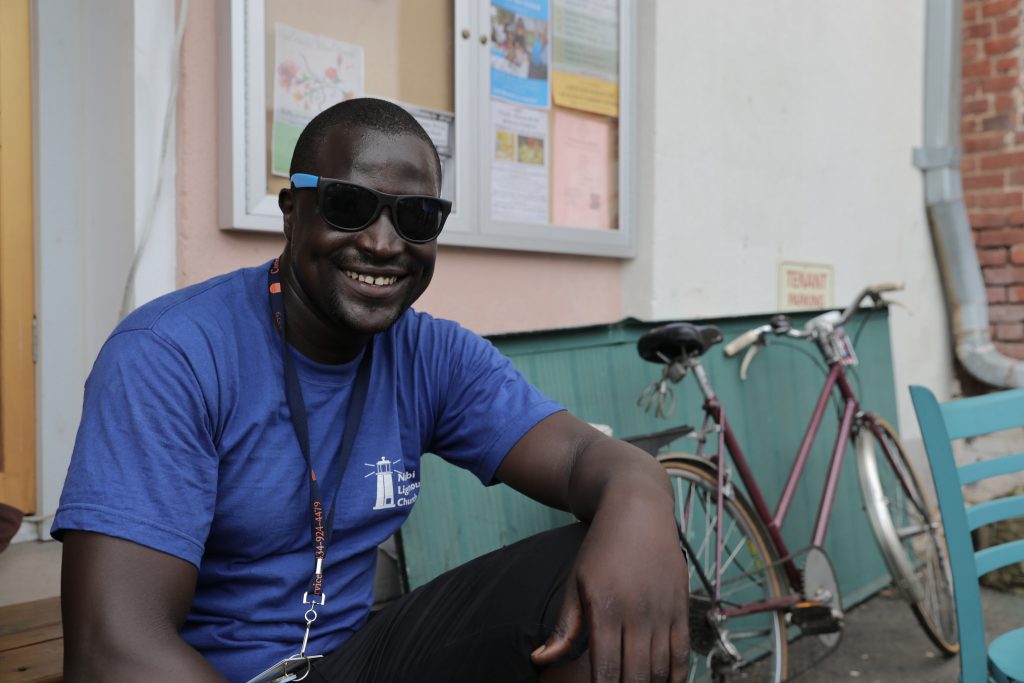 Jacob Otieno Ouma, Presidential Precinct alumnus, and co-founder of the Pan African Leadership Incubator.
Jacob Otieno Ouma, Presidential Precinct alumnus, and co-founder of the Pan African Leadership Incubator.
The African Leadership Academy (ALA), known as the ‘Harvard of Africa’ founded by Fred Swaniker is also transforming Africa by developing and connecting the youth as the continent’s future leaders. The academy is developing a powerful network of over 6,000 leaders who will work together to address Africa’s greatest challenges, achieve extraordinary social impact, and accelerate the continent’s growth trajectory. Since inception, over 131 profit and non-profit ventures have been founded by ALA students and alumni thriving in over 21 countries across the continent, creating 253 quality jobs and impacting 6 million stakeholders through their work. Moreover, 835 young leaders in the ALA network representing 45 countries in Africa are catalyzing transformative change on the African continent.
These African led initiatives and many more across the continent focussing on: employment and entrepreneurship; education and skills development; health and well-being; rights, governance and youth empowerment, are solid foundations helping countries experiencing the youth bulge to optimise their demographic dividend. Overall, it’s important for African governments to continue supporting African Union’s endorsement of the demographic dividend as a key framework for achieving the continent’s Agenda 2063, and national development aspirations as well as the 2030 Agenda for Sustainable Development Goals (SDGs). To build up on these, African countries should conduct in-depth analyses to understand their stage of demographic transition. This will inform which country-specific roadmaps are taken as necessary steps to harness the demographic dividend, ensuring that no one is left behind and the gains made are sustained.
Martin Namasaka (@Martinnamasaka) is an International Development Specialist with experience working with a wide range of organisations drawn from Kenya, Zambia, Ethiopia, Malawi, Uganda, Rwanda. He holds a Master’s degree from the London School of Economics and Political Science (LSE) where he was a member of the Programme for African Leadership (PfAL).

